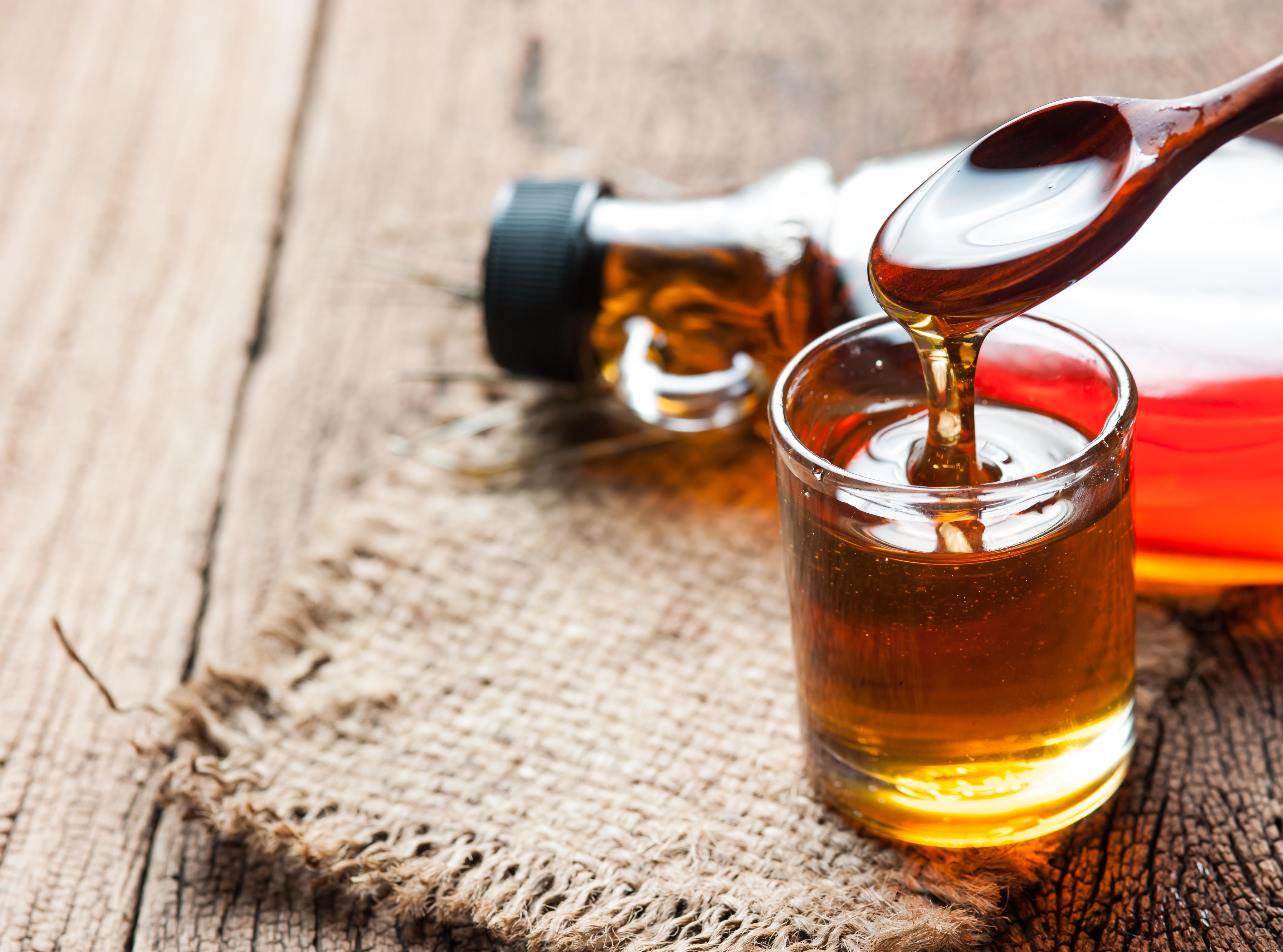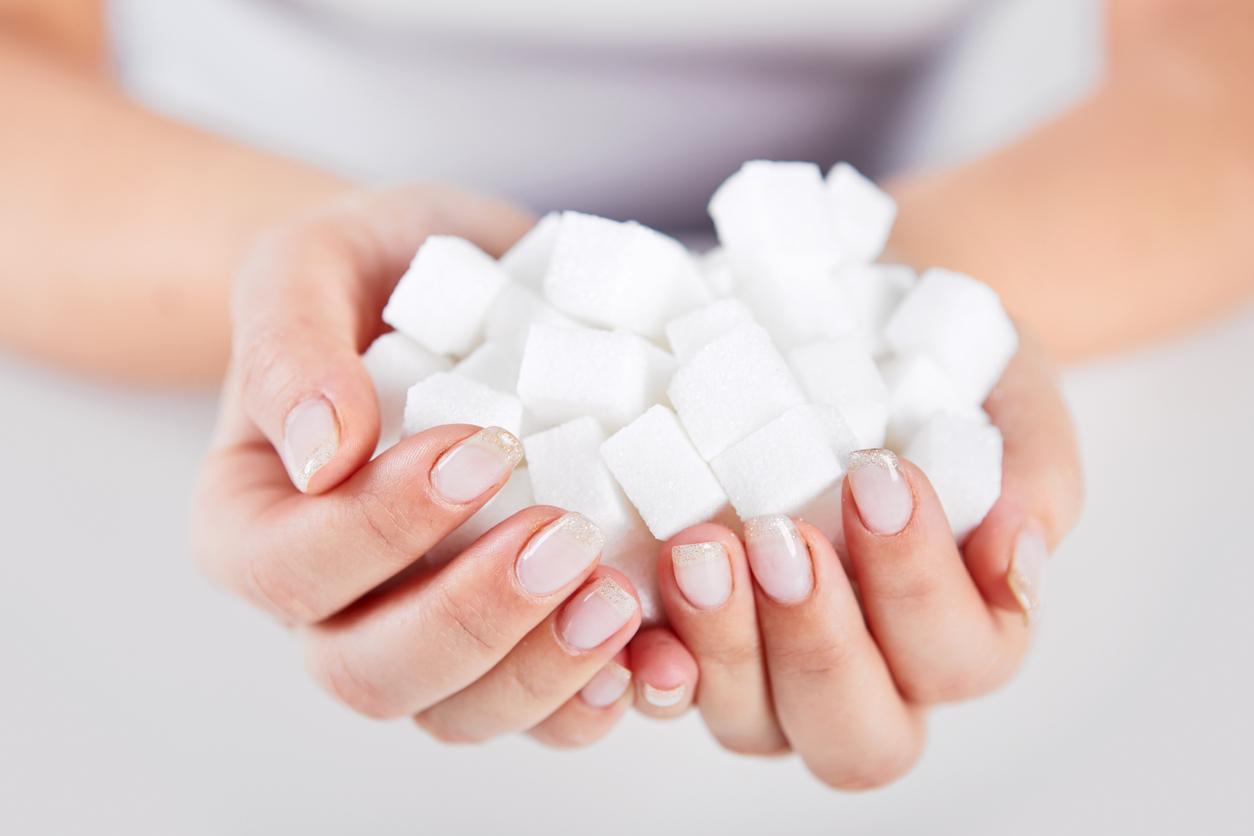What is stevia?
Stevia is a plant belonging to the Asteraceae family,also called “Compositae”, which include daisies, daisies, sunflowers and dandelion seeds.
The stevia plant does not withstand temperatures below 5°C and is therefore only perennial in relatively warm countries. It was first used by Native American populations called Guaraní, who lived in Paraguay and Brazil. One of the species, “stevia rebaudiana”, bore the name of “ka’a he’ê” which means “sweet herb”.
However, it was not until 1899 that a Swiss botanist accurately described stevia, which would be called “honey leaf“, “candy leaf” or “soft leaf“because of its sweet taste.
Stevia contains stevioside glycosides, a 100% vegetable component with a sweetening power 200 times greater than that of sugar, and does not provide any calories ! It was two French chemists who succeeded in isolating these compounds in the 1930s. Today, this plant is also widely used as natural sweetener.
In April 2010, theEuropean Food Safety Authority (EFSA) considered steviosides to be safe as food additives.
What are the properties and benefits of stevia?
As we said, stevia is mainly known for its sweetness. It allows you to enjoy the “sweet” taste without increasing caloric intake. It is therefore a plant that plays an important role in people who follow a diet.
- Stevia is also ideal for people who drink several hot drinks throughout the day and routinely sweeten them. Because by replacing sugar with this natural sweetener, they can reduce their carbohydrate consumption
- Stevia does not cause tooth decay. It is interesting for diabetics, people suffering from hypertension
- Stevia has another positive point, it is that unlike sugar, steviol glycosides (the sweetener extracted from its leaves), do not cause addiction
- This plant also has antiviral properties and helps fight diarrhea
- Stevia leaves provide mineral salts: calcium for the growth and maintenance of bones and teeth, zinc to strengthen the immune systemof sodium to balance water exchange and chlorophyll
- Stevia leaves also have anti-bacterial propertiesbecause they are rich in vitamin C and in zinctwo essential nutrients for fighting infections
- The leaves are beneficial for the skin, as they remove all the toxins and bacteria that may settle on the face. The exfoliation with the leaves also helps to firm the skin of the face and improve the complexion.
- We also find Stevia in cosmetics. Its leaves are known to soften, soften, tone the skin of the face and reduce wrinkles
- For the beauty of the hair and the good health of the scalp, it is possible to use the infusion of Stevia as rinsing water
In contrast, stevia as a sweetener can deliver a licorice aftertaste that consumers are sometimes not used to.
How to use stevia?
Want to test the sweetness of stevia? In France, this plant is found in several forms:
- The sirup : there is syrup made from agave and stevia. Agave is a succulent whose nectar is also a natural sweetener
- The powder : green and unrefined, is perfect for eating in yoghurts, in culinary preparations, tea and other infusions
- Soluble tablets : one tablet equals one sugar cube
- Stevia extract : two drops are worth two sugar cubes
- Dried stevia leaves:pure or mixed withaloe veraof the’clay or essential oils for their purifying and healing properties. You can apply it on the face as a scrub or make beauty masks
Good to know : stevia can be used in culinary preparations, especially cakes.2 g of stevia is enough to replace 100 g of powdered sugar in a cake. Stevia withstands cooking up to 200°C.
Is stevia dangerous for health?
No, stevia comes from a plant and its consumption does not present a health hazard.
Is stevia carcinogenic?
No, no carcinogenic effect has ever been established, neither in animals nor in humans, even at high doses. According to research on the toxicity of this plant carried out in Japan and Brazil, there is no danger in consuming it: in 2006, theworld organization of health (WHO) concluded, after analyzing the data, that stevia has no negative effects on human reproduction and is also not carcinogenic. On the other hand, it is artificial (and not natural) sweeteners that are suspected of being carcinogenic, as confirmed by recent studies.
Does stevia raise blood sugar?
No, it has no impact on the blood sugar. Replacing sugar with stevia is also safe for people with type 2 diabetes (the one where reducing sugar consumption is sought to control blood sugar levels). But this, insofar as it is consumed according to the acceptable daily dose established by theEuropean Food Safety Authority (EFSA), which is 0 to 4 mg per day per kilogram of body weight.
It is also recommended for people suffering from Type 2 diabetesofhypertension orlow blood pressure who wish to take stevia to regularly check their blood glucose level or their blood pressure, in order to have their medication adjusted if necessary.
Is stevia safe for the liver?
Yes, an American study, dating from April 2020 and published in Scientific Reportsdemonstrates that its consumption is without risk for liver. Even more, replacing refined sugars with stevia would have positive effects, because it would limit sugar intake and thus reduce the risk of develop non-alcoholic fatty liver diseaseOr foie gras.
What are the contraindications of stevia?
Première is not recommended for pregnant and breastfeeding women to consume large amounts of stevia.
Second, this plant may cause rare allergies in people sensitive to Asteraceae (dandelioncardoon, endive…).
Eventuallystevia could interact with hypotensive drugs (aimed at lowering blood pressure) or hypoglycemic drugs (aimed at lowering blood pressure). glucose level).
Sources:
Read also: Dill (seeds): what benefits, what uses?Fennel: does it make you lose weight, what benefits, how to consume it?Thyme: herbal tea, benefits, how to consume it?Mallow: origins, health benefits, how to use it?


















